ABOUT ACAT KZN
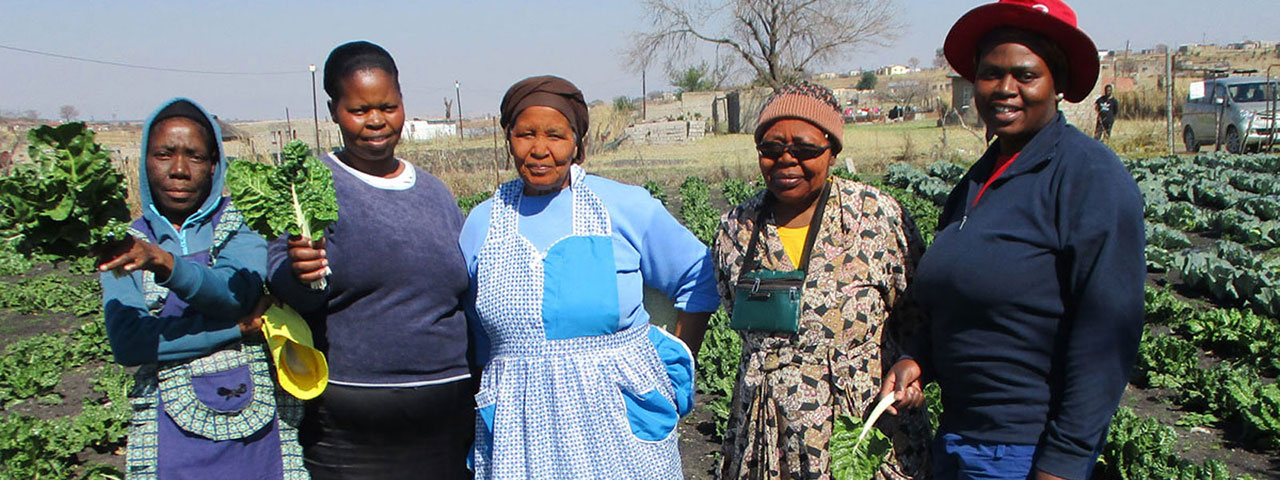
Africa (the vision is for Africa – starting in South Africa and spreading throughout the continent), Co-operative (we work with others in addressing poverty), Action (we focus on implementation), and Trust (we try to restore trust between man and God, and between people).
Brief history
ACAT was established in 1979 as a Christian Development Trust, committed to enabling disadvantaged rural people find sustainable solutions to their poverty.

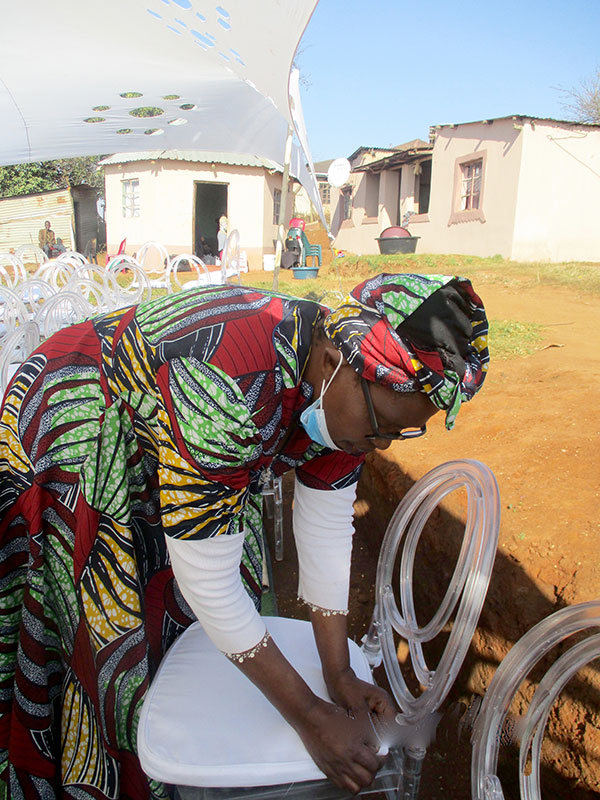
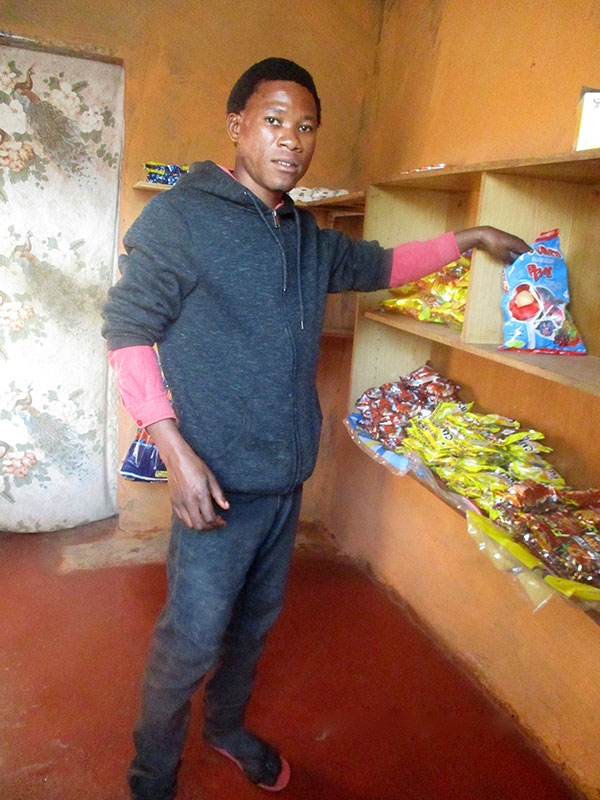
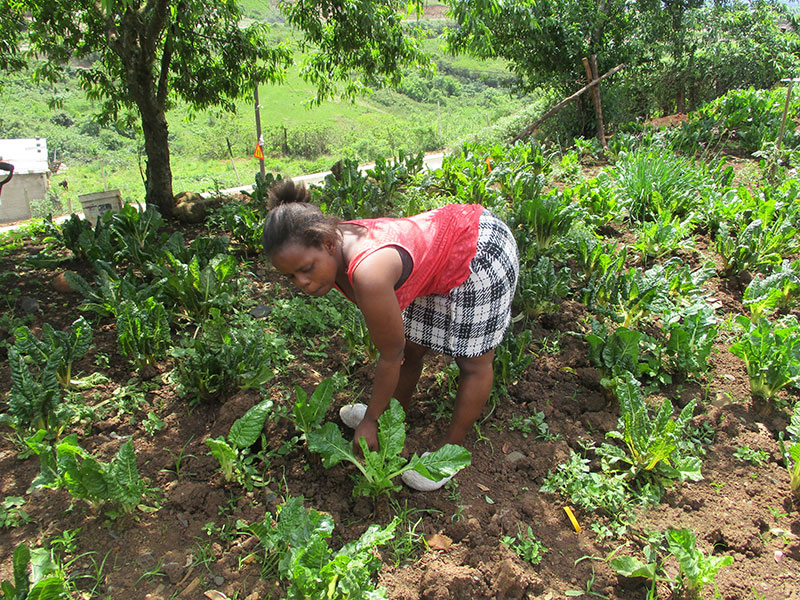
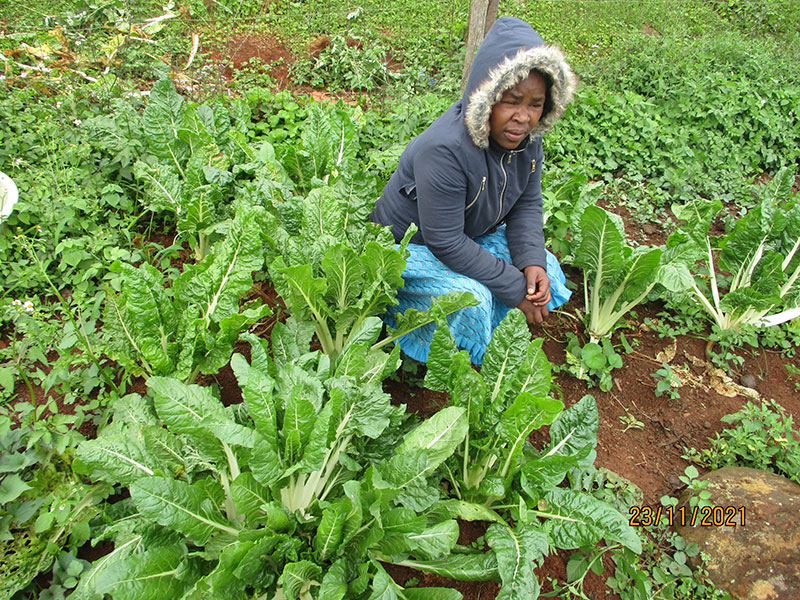
Vision
Our vision is to see ACAT as an instrument in God’s hand in the transformation of the poor of Africa from their spiritual, mental and physical poverty, into a sustainable lifestyle which is God-centred and people orientated.
Mission
ACAT’s mission is to design and implement training and mentoring programmes aimed at equipping people to be sustainable in every aspect of their lives, and to influence, motivate and assist others to achieve the same.
Programmes
Our current interventions focus on four programmes all of which use the “Integrated Livelihoods” programmatic approach:
- Sustainable Agriculture (SAP) to improve the livelihoods of small farmers and their families through low-cost food production methods.
- Entrepreneurial Development (EDP) to enable disadvantaged rural families generate income in a sustainable way through small businesses.
- Adult Basic Education and Training (ABET) to provide the necessary education and skills training material.
- Partnership Programme (PP) to train and mentor informal and formal partners to help their target group overcome poverty.
Macro-strategy
In order to implement sustainable solutions to the root causes of poverty, we mainstream the following through each of our programmes:
- Identifying and addressing the causes of poverty
- Spiritual development
- Building up the capacity of programme participants through life skills (business, family, literacy, community structures, etc)
- Identifying and addressing pandemics eg. HIV and AIDS.
Ethos
ACAT’s ethos is God-centered and people orientated.
ACAT’s values are based on
- Christian principles and motivation,
- Excellence in work ethic and morality,
- Equality of all people,
- Good governance, management and administration,
- Responsible use of all resources,
- Commitment to staff development, employment equity and affirmative action practices.
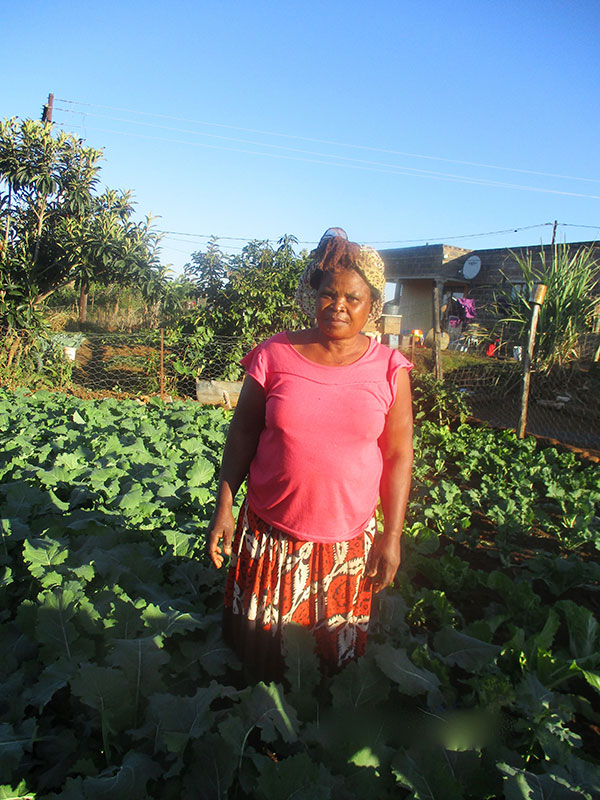
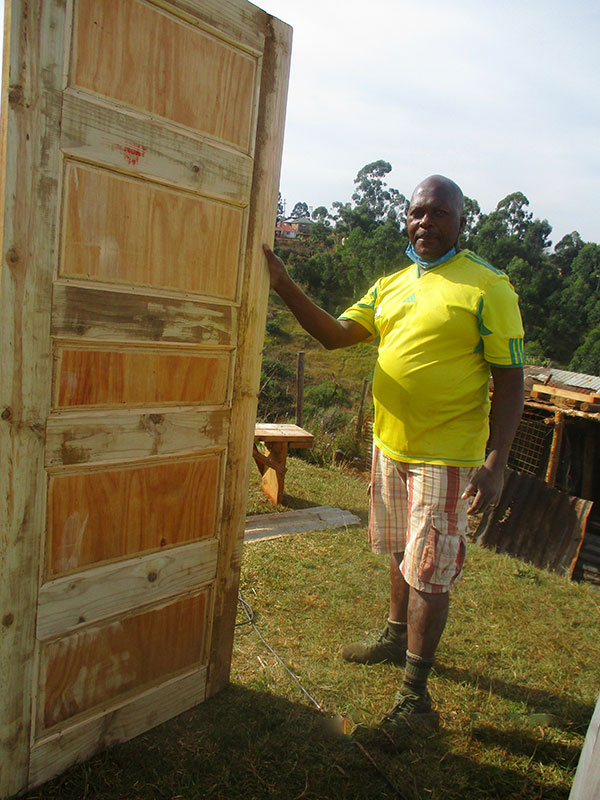
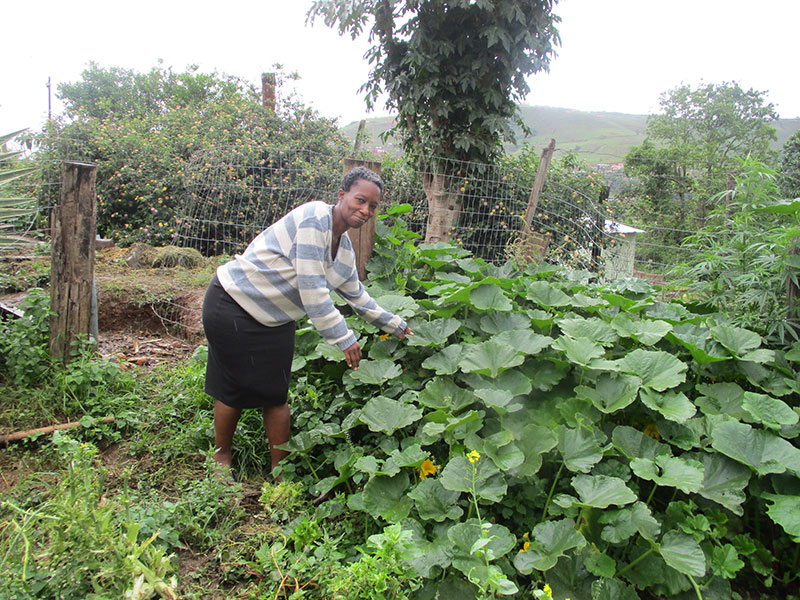
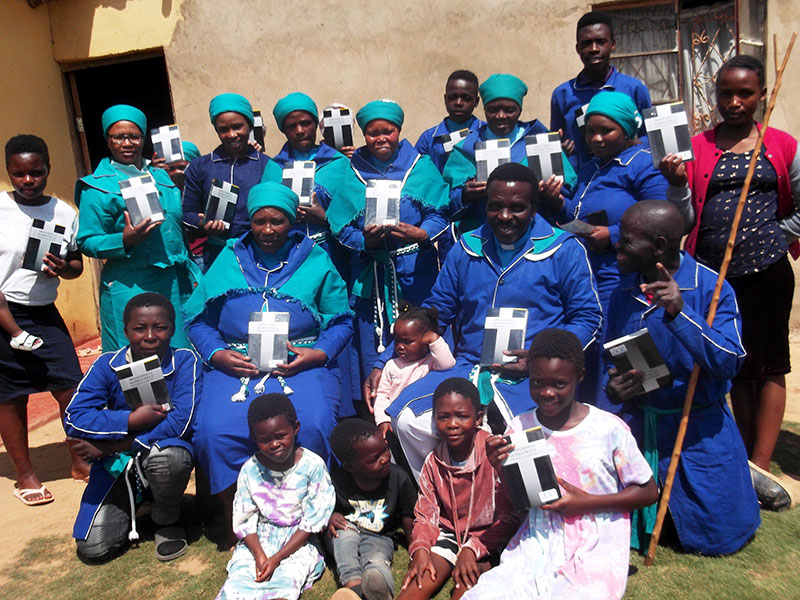
Track record
ACAT has over the years developed a credible and reputable track record, both in delivery as well as in the administration, management and governance of the organisation, and in achieving its objectives and activities. Our current support base includes local and foreign funders.
ACAT’s approach
ACAT has developed a relevant and dynamic sustainable development approach, which addresses the lives of those in poverty from a biblical and holistic point of view. We have tested it, and the spiritual and socio-economic results have been so convincing that we see the need to continue improving and implementing this programme wherever possible.
Impact and benefits
Through ACAT, thousands of poverty-stricken people have changed their lives each year in terms of spiritual input, improved nutrition, increased food production, improved income levels, the starting of enterprises, increased knowledge, skills and capacity, education and support regarding the HIV and AIDS virus, and many other tangible benefits.
The status of ACAT
ACAT is registered as:
A Non Profit Organization – NPO number: 002-165.
A Public Benefit Organization – PBO number: 130002796.
A non-profit Trust – under Section 18A of the Income Tax Act.
Where does ACAT operate?
ACAT operates in 19 areas of 30km radius each in the deep rural areas of KwaZulu-Natal (in 7 of the 11 Magisterial Districts). ACAT’s training centre is at Lidgetton, near Howick and Pietermaritzburg. (See map to the right).
ACAT also operates in Swaziland and elsewhere in South Africa and Africa, through various partners.

